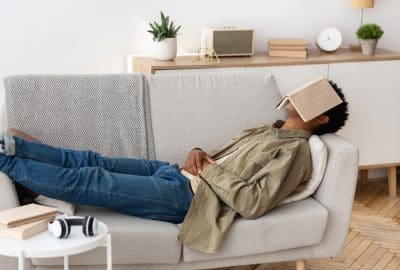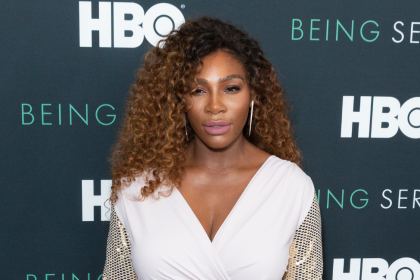 Over the past year, mental health care has recently been in the news mostly for negative reasons. But in 2013 and 2014, there has been an uptick in the number of incidents where a black mentally unstable individual met with a violent death. From the Philadelphia Naval Yard shootings, to the schizophrenic mother shot by police in D.C. and now possibly the missing young Michigan doctor. Black mental health care and access to black providers is an important subject. The stereotypical imagery of a person who goes to a mental health provider is that he or she can’t cope or is just crazy. Those stereotypes become even more heightened when elements of race are introduced. But what about the investment that a black mental health care provider must make. Full education and licensure can be a grueling task for any individual but do black mental health professionals face a harder challenge? Many of those successful in their fields have stories of institutional racism, stress and, in many cases, a poor rate of insurance reimbursement when dealing with black patients.
Over the past year, mental health care has recently been in the news mostly for negative reasons. But in 2013 and 2014, there has been an uptick in the number of incidents where a black mentally unstable individual met with a violent death. From the Philadelphia Naval Yard shootings, to the schizophrenic mother shot by police in D.C. and now possibly the missing young Michigan doctor. Black mental health care and access to black providers is an important subject. The stereotypical imagery of a person who goes to a mental health provider is that he or she can’t cope or is just crazy. Those stereotypes become even more heightened when elements of race are introduced. But what about the investment that a black mental health care provider must make. Full education and licensure can be a grueling task for any individual but do black mental health professionals face a harder challenge? Many of those successful in their fields have stories of institutional racism, stress and, in many cases, a poor rate of insurance reimbursement when dealing with black patients.
Black Mental Health Providers: Challenges
There are many challenges that confront black mental health providers and black clients. Rolling out did a survey of 20 health care professionals and identified major challenges and concerns:
1) Black men are half as likely to get mental healthcare services. When treated they are often under diagnosed or misdiagnosed.
2) Obamacare overall will have a more positive effect on mental health care
3) Obamacare has not helped in increasing the rate of return on my educational investment.
4) Seventy percent do not accept Medicare/Medicaid
5) Eighty percent take no insurance. Patients must pay out of pocket
6) Fifty percent attend professional events or certification classes within the last year
7) Thirty percent are members of black professional organizations
8) The biggest reason black professionals do not accept Medicaid/Medicare is the reimbursement to providers is too low.
9) Fifteen percent stated that Medicaid patients are often non compliant with their treatment plan and consistency of therapy.
Mental health care is just as important as physical health care but it is often neglected. The media report more frequently that suicide among young black males has increased as society becomes more socially fragmented and poverty increases. In addition, the issues of sexual orientation among black males and females are becoming more prevalent in the nation. Black people can no longer afford to neglect depression, autism or other disorders because of cultural shame.
















